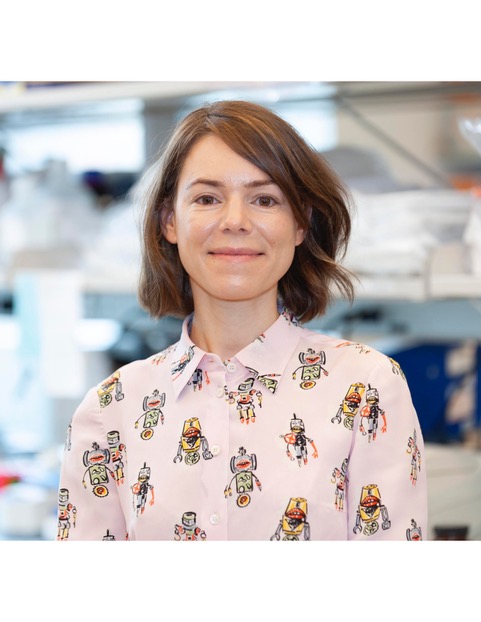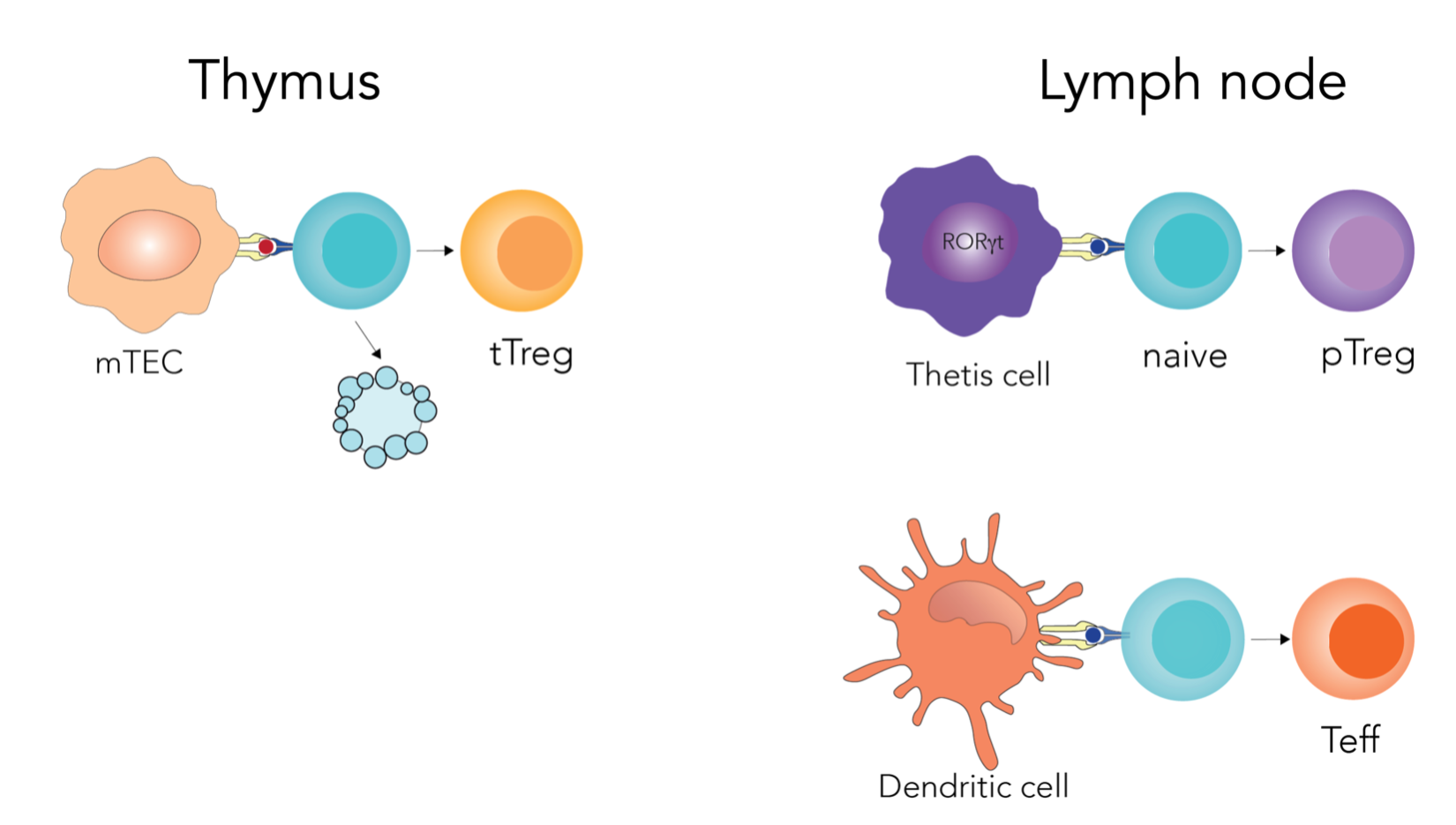
Research
At the Brown Lab, we’re studying how signals from the tissue environment shape the fate and function of immune cells and the mechanisms by which the immune system reciprocally regulates tissue homeostasis and host immunity. At the heart of an immune response are antigen-presenting cells (APCs), sentinels of the immune system and master regulators of the adaptive immune response that are uniquely poised to regulate the balance between inflammatory immune responses and immune tolerance. We have identified novel APCs and our work aims to decode the environmental cues that shape their heterogeneity and elucidate their distinct functions in immunity, tissue homeostasis, and human disease. In the study of APCs and their cross-talk with immune and stromal cells, the scope of our research extends across three distinct yet complementary areas: early life immune development, immune tolerance, and cancer.
We approach these questions using state-of-the-art single-cell omics, advanced imaging techniques, and sophisticated genetically engineered mouse models for tracing and ablation of distinct immune cell lineages.
Through the study of unique clinical cohorts at Memorial Sloan Kettering Cancer Center and Weill Cornell Medicine, our work transitions between human disease-focused research and laboratory experimental research.
Figure 1

Parallel pathways for thymic and peripheral tolerance: A novel lineage of RORgt+ APCs, Thetis cells, with transcriptional similarity to Aire-expressing medullary thymic epithelial cells, instructs tolerance to commensal and dietary antigens in early life.
Current Projects:
- Peripheral T cell tolerance
- Early life immune development
- Host-microbiota crosstalk
Bio
Chrysothemis did her undergraduate medical training at Oxford University and University College London, UK. She trained in Pediatrics in London and obtained her Ph.D in Immunology under the mentorship of Randy Noelle. Her work focused on the role of a dietary metabolite, vitamin A, in the regulation of T cell differentiation.
For her post-doctoral research, Chrysothemis joined the lab of Alexander Rudensky to pursue studies in the transcriptional and epigenetic regulation of immune cell fate. There she discovered novel dendritic cell subsets and their transcriptional regulators, both in mice and humans. Alongside this, she pioneered single-cell transcriptomic studies of pediatric autoimmune disease and human cancer, uncovering a new lineage of antigen-presenting cells that instructs immune tolerance to the intestinal microbiota in early life. Work in her lab addresses how the tissue environment influences immune development and how dysregulation can lead to disease, with a particular focus on early life immune development and mucosal tolerance, autoimmunity and cancer.
Distinctions:
- Work from the lab identified the cell type and mechanisms that instruct tolerance to the gut microbiota (Akagbosu et al. Nature 2022)
- Pew Trust Biomedical Scholar 2023
- HHMI Gilliam Award 2023 (awarded to student-mentor pair)
- V Foundation Scholar 2022
- NIAID DP2 New Innovator Award 2022
